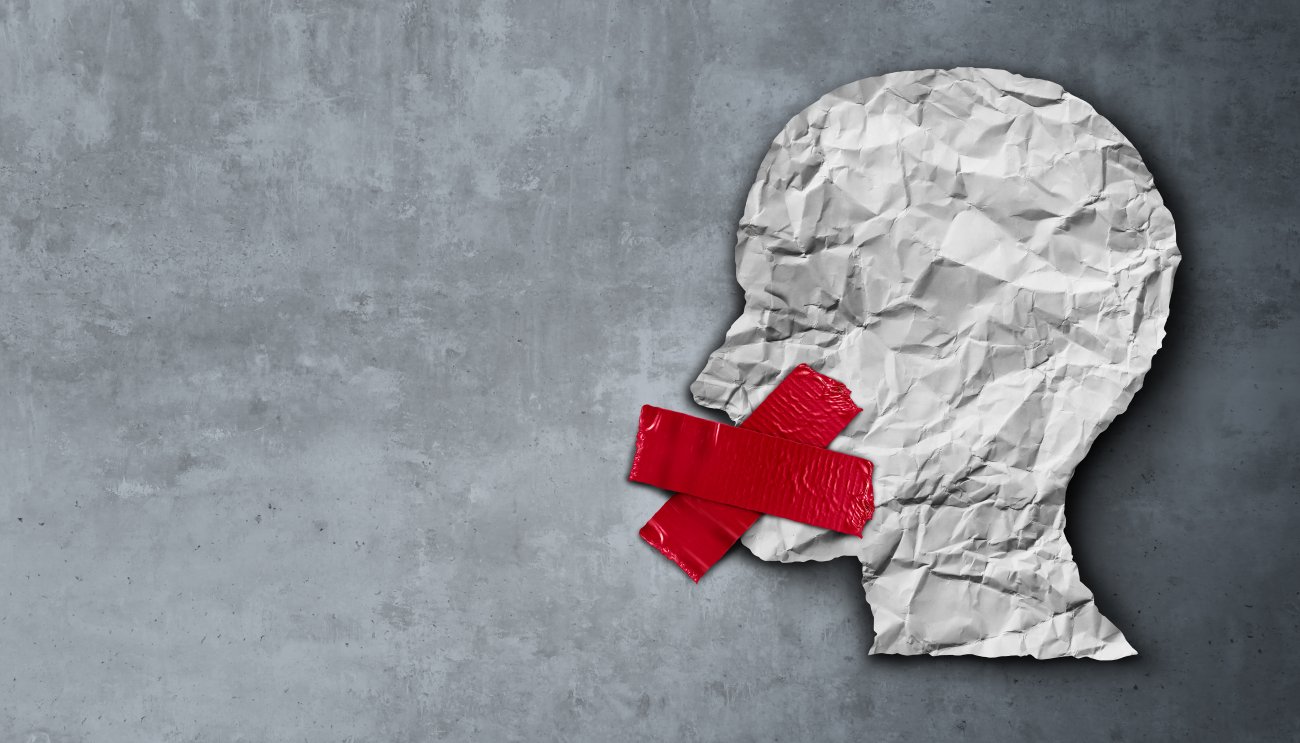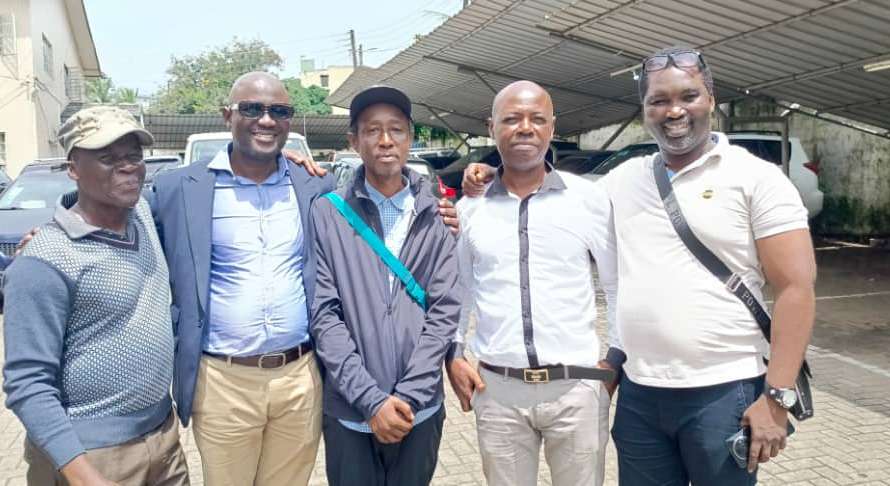Four out of Africa’s 24 countries which have laws that criminalize blasphemy are in West Africa – Nigeria, Gambia, Cape Verde and Mauritania. Statistically, this means that nearly one in three countries in West Africa criminalize blasphemy.
While these countries are notionally democratic, they have constitutional provisions and consequential legislations that suggest theocratic persuasions; to the effect of elevating the dignity of otherworldly personages above fundamental human rights, including the right to life and to free expression. Thus, in the passionate attempt to be God’s avenging angels, authorities in these countries, sometimes characterized as morality police or guardians of the faith, have used counter-democratic laws to censor or convict citizens, activists and religious moderates; including, in the case of blasphemy, to the death sentence.
This is in spite of the fact that in April 2025, all ECOWAS countries came under the legal obligation to rid their statutes of blasphemy laws – after a landmark judgment by the ECOWAS Community Court of Justice, which declared blasphemy as violative of human rights. The four West African countries have continued to maintain blasphemy in their statutes as a criminal offence.
The continued sustentation of these laws means that the four countries are in defiance of the ECOWAS Court and its landmark judgment on blasphemy.
Nigeria
Nigeria runs a parallel legal system that allows states to have laws of their own, which must however be in consonance with the customary law. Consequently, there often are laws that are peculiar to states, but not nationally applicable, even though those laws must not contravene provisions of the Federal Constitution. On the matter of blasphemy however, the law applies countrywide as both the Federal Constitution and the Laws of 12 Northern states (Sharia) criminalize it. Under the Customary system, ‘blasphemy’ is prohibited under section 204 of the Criminal Code. However, while nationally, blasphemy is punished as a misdemeanour, at the states level, under Sharia Law, it is punished as a felony with offenders often sentenced to death.
For example, in 2020, a Sharia Court in Kano sentenced a musician to death over a song that was deemed to have praised the Founder of the Tijaniya Muslim sect, Sheikh Ibrahim Niasse, to the effect that it supposedly belittled the Prophet Mohammed. Then, in April 2022, human rights activist, Bala Mubarak, was sentenced to 24 years in prison over a Facebook post that was adjudged to be demeaning of the Prophet Mohammed.
The Gambia
In The Gambia, blasphemy is prohibited through Article 117 of the Criminal Code, which states: ‘[Anyone who] destroys, damages or defiles a place of worship or any object which is held sacred by that class of persons with the intention of thereby insulting the religion of the class of persons or with the knowledge that any class of persons is likely to consider such destruction, damage or defilement as an insult to religion, commits a misdemeanour.’
‘A person convicted on these charges is subject to a fine and/or imprisonment not exceeding two years.’
Moreover, the code criminalizes any insult to religion of any denomination and ascribes prison term thus:
‘[anyone] who, with deliberate intention to wounding the religious feelings of a person, utters or writes any word, or makes any sound in the hearing of that person, or makes any gesture in the sight of that person, or places any object in the sight of that person, commits a misdemeanour and is liable on conviction to imprisonment for a term of one year.’
Under former dictator, Yahaya Jameh, these laws were used as bases for very egregious human rights violations. In July 2010, President Jammeh declared that, “If you don’t believe in God, you can never be grateful to humanity and you are even below a pig.”
Following the death of his aunt in 2009, he reportedly blamed it on witches and launched a witch hunt. About 1,000 suspected “witches” were kidnapped and sent to government detention centres where they were beaten and reportedly forced to drink hallucinogens, resulting in two deaths.
Mauritania
In Mauritania, blasphemy is a deadly offence. Article 306 of the Mauritanian Penal Code, declares apostasy a crime punishable by death.
Prior to 2018, persons found guilty of converting from Islam were given three days to “repent” in exchange for lesser sentence or non-conviction. If such an individual did not “repent” then they could be sentenced to death or have their properties confiscated. In December, 2014, Mohamed Cheikh Ould Mkheitir was found guilty of “apostasy” and sentenced to death (despite repenting). Then in what appears to be a show of power, the authorities used his case as watershed to exacerbate penalties under the anti-apostasy law even more. In 2018, a law was enacted making the death sentence for apostasy compulsory, rather than optional. As well, blasphemy was upgraded to a capital offence with the death sentence as mandatory.
There was also a proposal to amend Article 306 of the penal code to make the death penalty applicable to “every Muslim, man or woman, who ridicules or insults Allah”, his messenger, his teachings, or any of his prophets, “even if [the accused] repents”.
The law also allows for “blasphemers” to be sentenced to up to two years in prison and convicted to a fine of up to 600,000 Ouguiyas (approximately USD16,205.78) for “offending public decency and Islamic values”, or “breaching Allah’s prohibitions” or assisting in their breach.
Taking advantage of laws against the spread of atheism, there have been cases where religious scholars sign fatwas accusing activists of apostasy, while the Supreme Council for Fatwa and Grievances has issued a statement calling on activists on social media to “stop offending Islam and the Prophet and spreading atheism”.
Cape Verde
With 77% of its population being Roman Catholic, 10% Protestant, and 2% Muslim, Cape Verde’s anti blasphemy laws often tilt against religious minorities. Article 49 of its Constitution prohibits the ridicule of religion. Penalty for the offense is not clearly stated, leaving it open for whimsical interpretation.
Even so, there are no documented cases for prosecution for blasphemy.
Ending the double standards
Irrespective of the severity of penalties that are provided for under blasphemy laws in Nigeria, Mauritania, The Gambia and Cape Verde, the very essence of these laws are contradictory to the judgment of the ECOWAS Court, which all the countries in West Africa ascribe to. This direct defiance of the ECOWAS Court makes mockery of the ratifications that form the bases of the mandate of the Court.
The Media Foundation for West Africa, add our voice to calls on authorities in the four countries to rid their statutes of blasphemy laws, as a matter of respect to the ECOWAS Court and its judgments, and in keeping with every society’s duty to uphold human rights.






